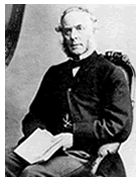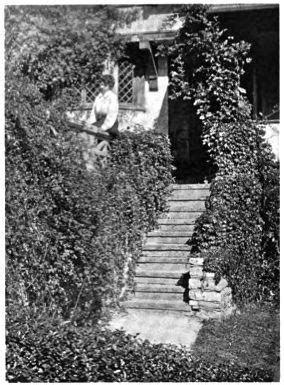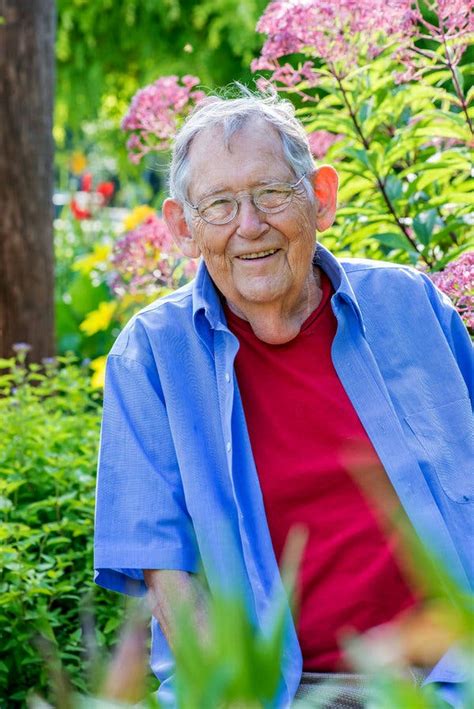A Quote by Michele Bachmann
My favorite thing is landscaping. I love landscaping. And so what I'll do is, mostly I put language into search engines, and if I want to look, like, at tulip gardens, or, like, Georgian gardens, i love English gardens, how they're laid out. Japanese gardens, Asian gardens. So, I'm kind of a frustrated landscaper.
Related Quotes
Bad Gardens copy, good gardens create, great gardens transcend. What all great gardens have in common are their ability to pull the sensitive viewer out of him or herself and into the garden, so completely that the separate self-sense disappears entirely, and at least for a brief moment one is ushered into a nondual and timeless awareness. A great garden, in other words, is mystical no matter what its actual content.
As for the meaning of gardens, particular gardens may have, of course, all sorts of different meanings - emotive, historical, emblematic, religious, commemorative, and so on. But I think that good gardens all signify or exemplify an important truth about the relationship of culture and nature - their inseparability.
Love is a handful of seeds, marriage the garden, and like your gardens, Paula, marriage requires total commitment, hard work, and a great deal of love and care. Be ruthless with the weeds. Pull them out before they take hold. Bring the same dedication to your marriage that you do to your gardens and everything will be all right. Remember that a marriage has to be constantly replenished too, if you want it to flourish.
Does the unmistakeable intent of Versailles to proclaim dominion over nature destroy its aesthetic appeal, as Schopenhauer thought? Does the greenness of the lawn lose its allure when we learn how much water, sorely needed elsewhere, it uses? And historical shifts in garden taste - from formal, 'French' gardens to 'Capability' Brown's landscapes, for instance, or from the elaborate gardens of imperial Kyoto to Zen 'dry' gardens - register important changes in philosophical or religious attitudes.
The gardens I love best are those that are still affectionately tended by the people who own them and who made them - who planned and planted and replanned and replanted them, who dug in the dirt and moved hoses and watched the gardens change with the cycle of the seasons and over the passage of years.
What is love?” “I don’t know.” “Love is the name given to the bond Kemal feels with Füsun whenever they travel along highways or sidewalks; visit houses, gardens, or rooms; or whenever he watches her sitting in tea gardens and restaurants, and at dinner tables.” “Hmmm … that’s a lovely answer,~ But isn’t love what you feel when you can’t see me?” “Under those circumstances, it becomes a terrible obsession, an illness.































